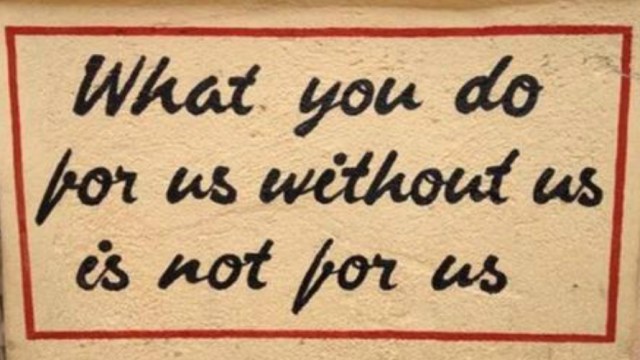Science Tests the American Dream

Personality and intelligence do help lift people from poverty in America, lending some plausibility to the American dream in which hard work and stick-to-it-iveness improve one’s lot in life. The more well-off an American is, however, the more effective their wealth is at leveraging the same personal qualities.
These conclusions come from a hefty survey in which 81,000 American students were tracked for over eleven years with attention paid to their high school personality and cognitive ability scores, parents’ socio-economic status, and various life outcomes eleven years on.
At first glance, having an agreeable personality seems more beneficial to the poor. Study participants who were less well-off and agreeable remained in school twelve months more than their less agreeable counterparts. Wealthy agreeable students extended their studies just four months longer than their less agreeable peers.
But when intelligence was factored into the students’ behavior, personality ceased to benefit the poor disproportionately. In general, more intelligent people were able to achieve a better job, though the benefits for the poor were somewhat greater (moving them from mail sorting jobs to retail sales positions).
The study found that being born with wealth is the best indicator of socio-economic success because, whether by paying college tuition or having a more exclusive set of professional connections, wealth is great at leveraging qualities like personality and intelligence. In other words, the American ethos cannot quite compensate for the American class system.
David Patrick Columbia, who chronicles the lifestyles of New York City’s rich and famous at his New York Social Diary, explains that the burst of new money created by the modern economy is upending the class system in America, or at least the social order among the highest earners:
Read more at the British Psychological Society
Photo credit: Shutterstock





